

December 14, 2020
It seemed to happen in the blink of an eye, we watched the leaves change colors and then the Holiday’s arrived as snow started to fall. Now that winter is officially here, it's important to double check that your home is properly prepared to handle the cold weather. These steps, most of which you can do yourself, will help lower your utility bills and protect your investment all season long.
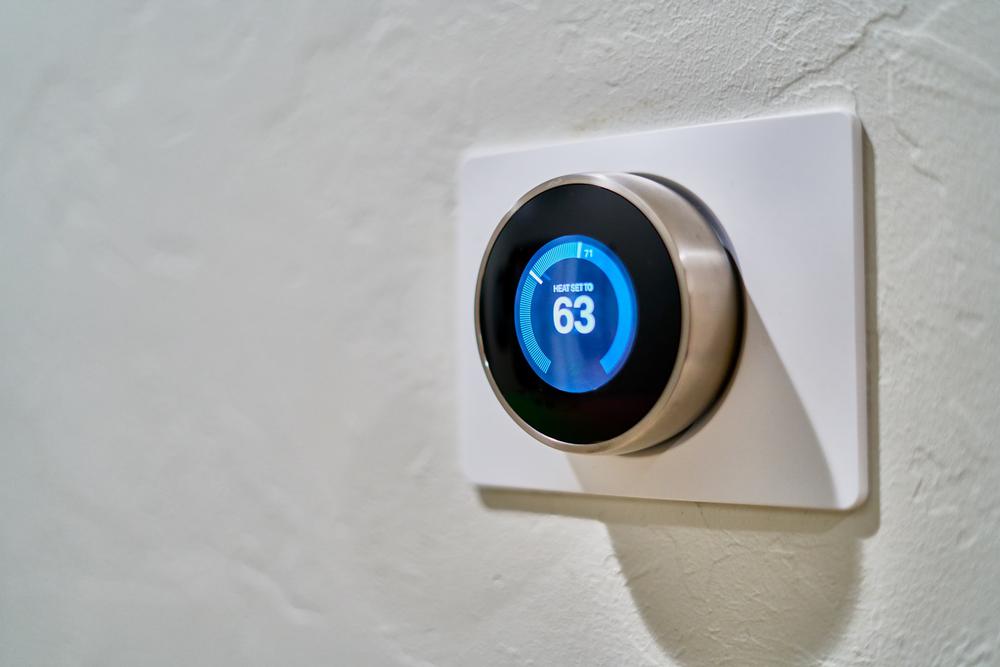
Furnaces, boilers and chimneys should be serviced at least once a year to clear any buildup and to keep them running efficiently. Whether you are experienced with HVAC systems or call a certified company, you will want to have your furnace or heat pump inspected. A technician will inspect your system to be sure it is clean and in good repair, and that it can achieve its manufacturer-rated efficiency. The inspection also measures carbon-monoxide leakage which is crucial during the colder months when there is less air flow throughout the home.

If your ceiling fan has a reverse switch, use it to run the fan's blades in a clockwise direction after you turn on your heat. Energy Star says the fan will produce an updraft and push down into the room heated air from the ceiling (remember, hot air rises). This is especially helpful in rooms with high ceilings -- and it might even allow you to turn down your thermostat by a degree or two for greater energy savings.
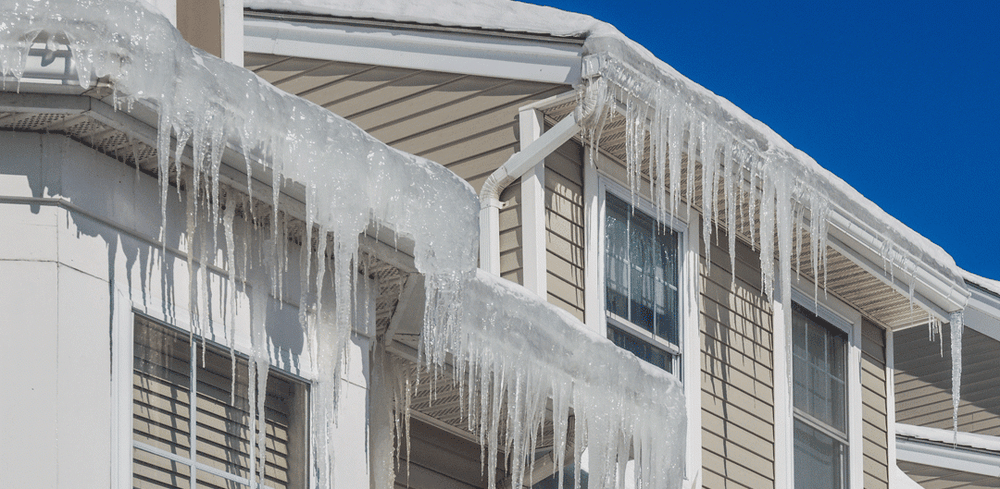
As pretty as the build up can be its dangerous and could cause damage to your home! If your home had lots of icicles last winter -- or worse, ice dams, which can cause meltwater to back up and flow into your house -- take steps to prevent potential damage this year. A home-energy auditor or weatherization contractor can identify and fix air leaks and inadequate insulation in your home's attic that can lead to ice dams.

Look for damaged, loose or missing shingles that may leak during winter’s storms or from melting snow. If your roof is flat and surfaced with asphalt and pebbles, rake or blow off fall leaves and pine needles, which hold moisture. (Don't sweep aside the pebbles; that will expose the asphalt to damaging sunlight.)

If the gaps between siding and window or door frames are bigger than the width of a nickel, you need to reapply exterior caulk. (Check the joints in window and door frames, too.) Silicone caulk is best for exterior use because it won’t shrink and it’s impervious to the elements.
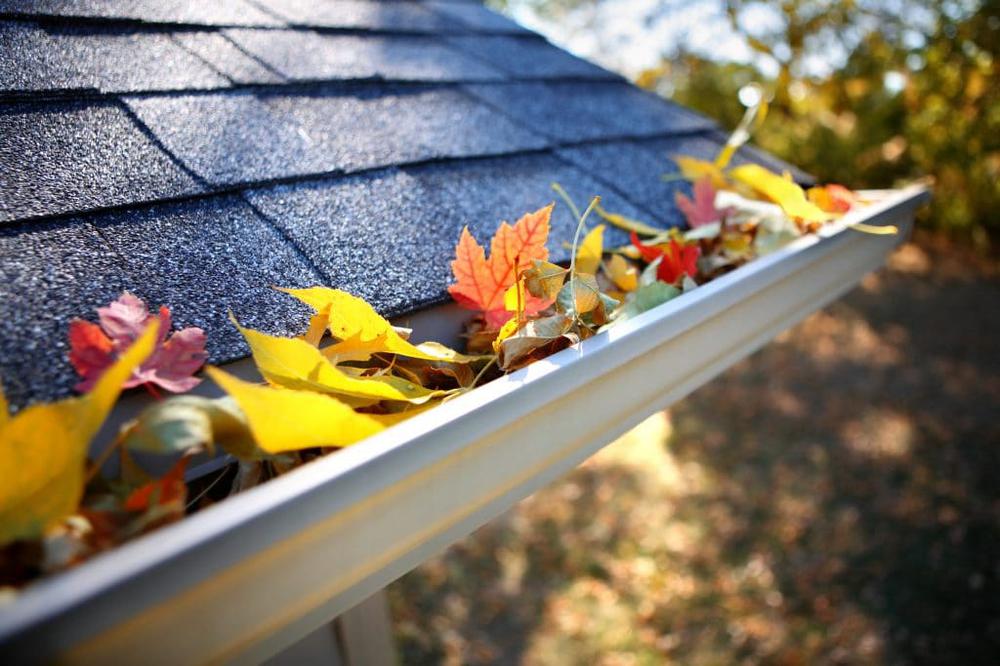
If your gutters are full of debris, water can back up against the house and damage roofing, siding and wood trim -- plus cause leaks and ice dams. You'll typically pay $70 to $225 to clean gutters on a single-story house, depending on its size. Also look for missing or damaged gutters and fascia boards and repair them.
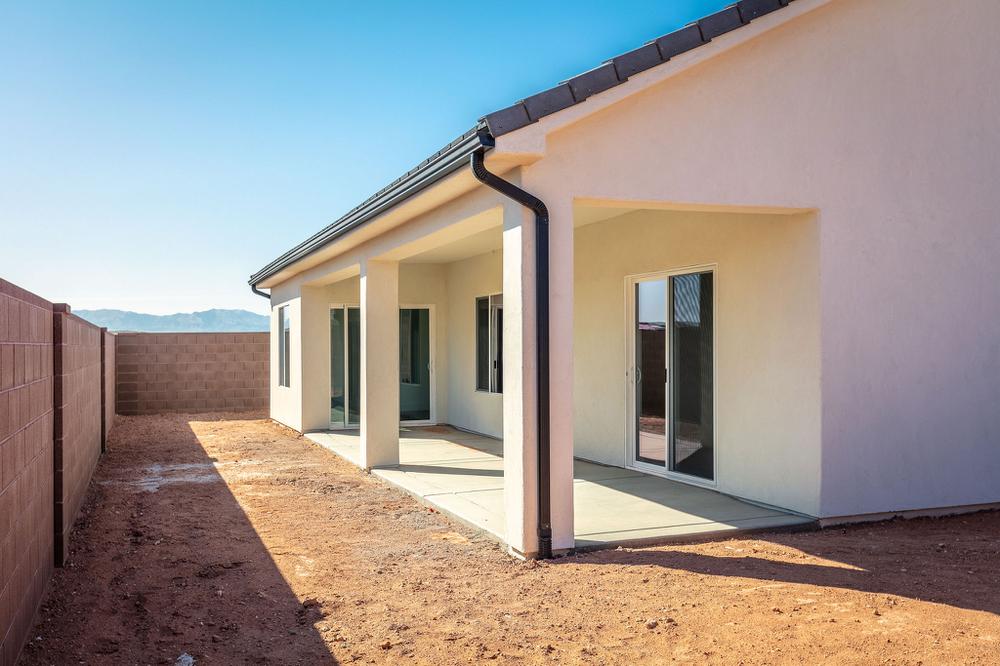
Heavy rains and snow melt can put a lot of pressure on the natural drainage of your landscape. If the water doesn’t drain properly, it can collect around the foundation of your home causing serious and expensive problems. Add extensions to downspouts so that water runs at least 3 to 4 feet away from the foundation.
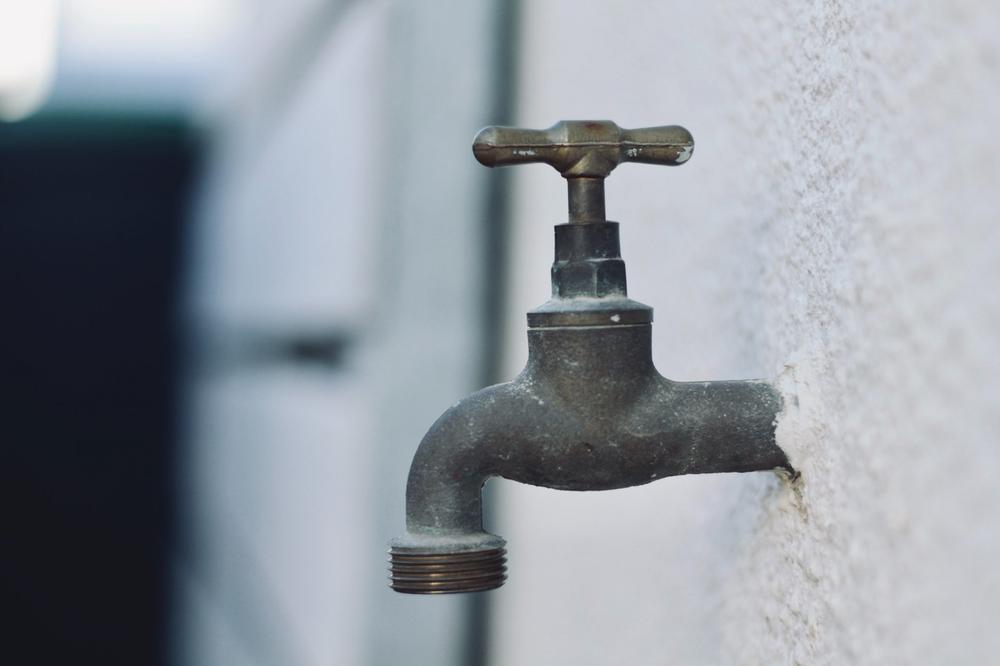
Undrained water in pipes can freeze, which will cause pipes to burst as the ice expands. Start by disconnecting all garden hoses and draining the water that remains in faucets. If you don’t have frost-proof faucets (homes more than ten to 15 years old typically do not), turn off the shut-off valve inside your home. Draining sprinkler-system pipes, as with spigots, will help avoid freezing and leaks.
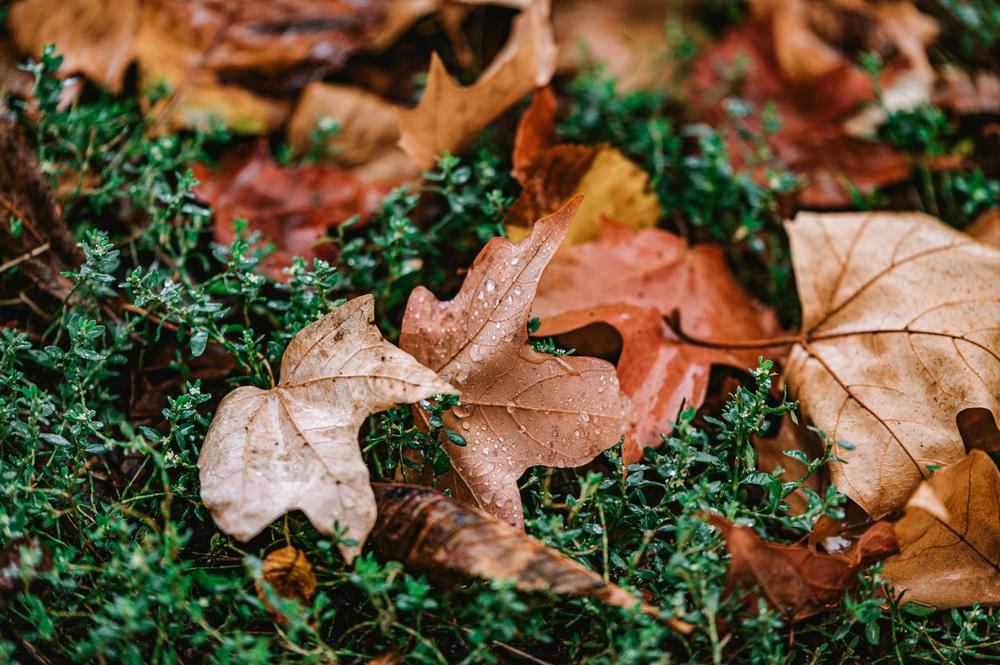
Mow your leaves instead of raking them. The trick is to cut the leaves, while dry, into dime-sized pieces that will fall among the grass blades, where they will decompose and nourish your lawn over the winter. Use your lawn mower without its bag, and optionally swap the cutting blade for a mulching blade. The process may take several passes but will help protect your grass all winter resulting in a nicer lawn come Spring.
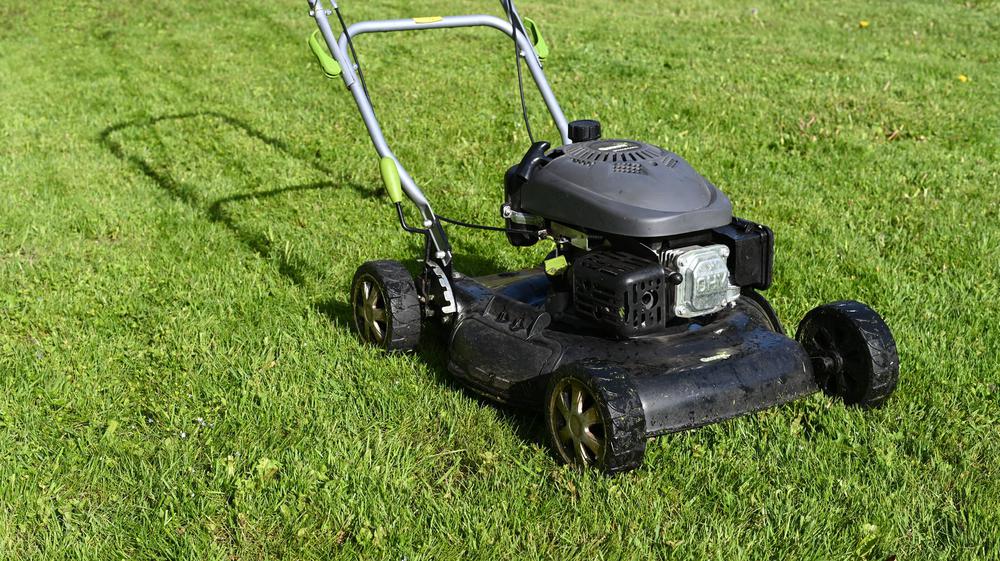
As the mower sits through the winter, fuel remaining in its engine will decompose, "varnishing" the carburetor and causing difficulty when you try to start the engine in the spring. If you've added stabilizer to your fuel to keep it fresh longer, then fill the gas tank to the top with more stabilized fuel and run the engine briefly to allow it to circulate. If not, wait until the tank is nearly empty from use and run the engine (outdoors) to use up the remaining fuel.
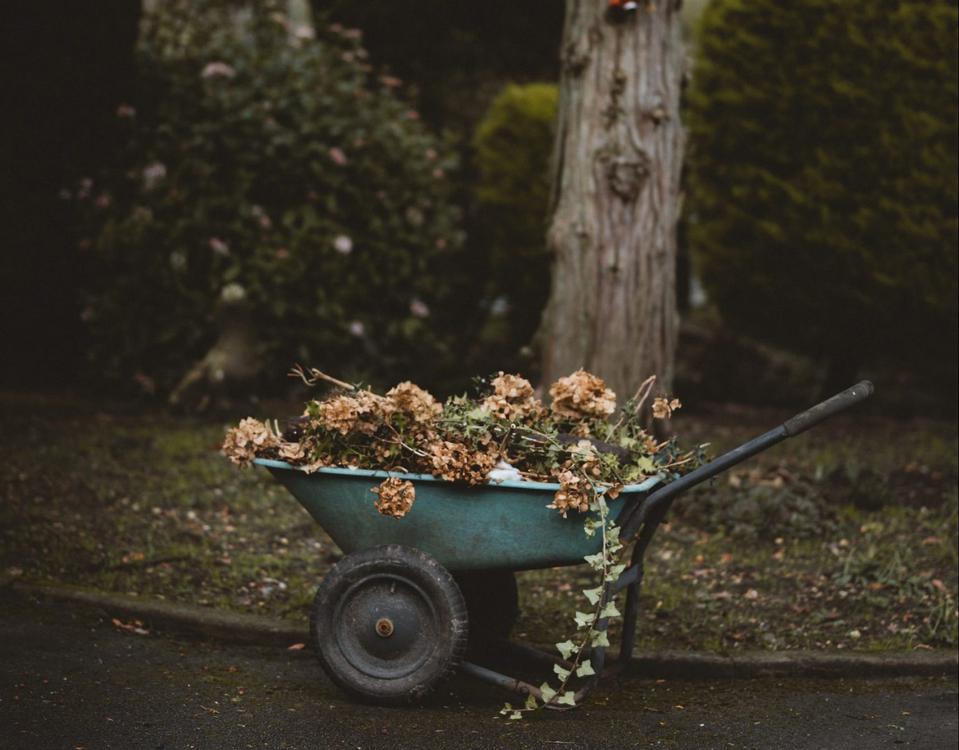
You may be tempted to get out the pruning shears after the leaves fall, when you can first see the underlying structure of the plant. But horticulturalists advise waiting to prune until late winter for most plants, when they've been long dormant and just before spring growth begins. NOTE: You may need to hire an expert to remove deadfall or trim limbs close to your home or power lines that could cause problems in a winter storm.
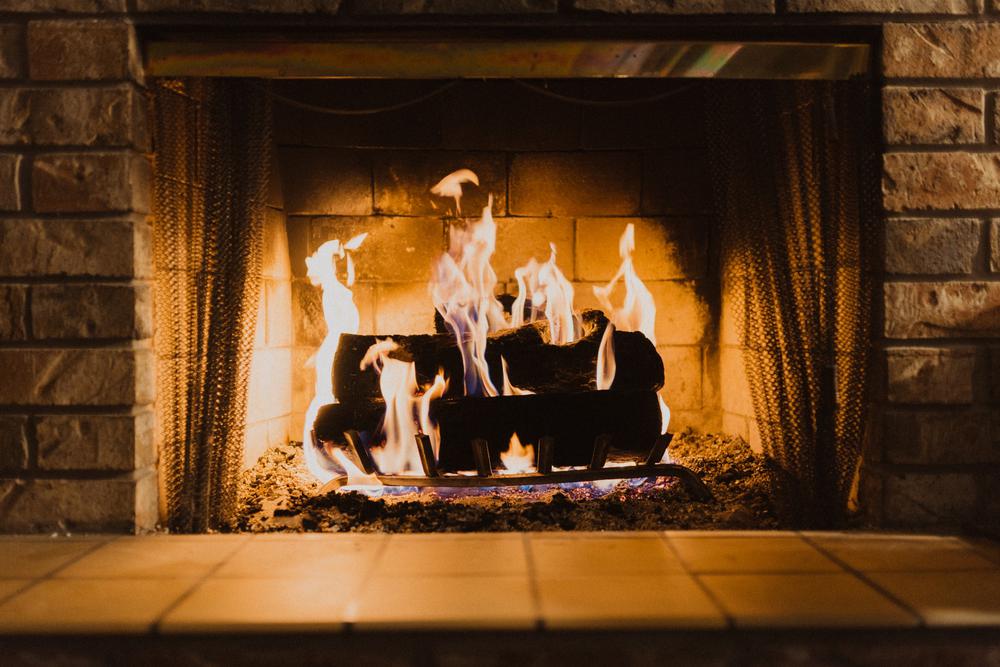
Before you burn the Yule log, make sure your fireplace (or any heating appliance burning gas, oil, wood or coal), chimney and vents are clean and in good repair. That will prevent chimney fires and prevent carbon monoxide from creeping into your home.
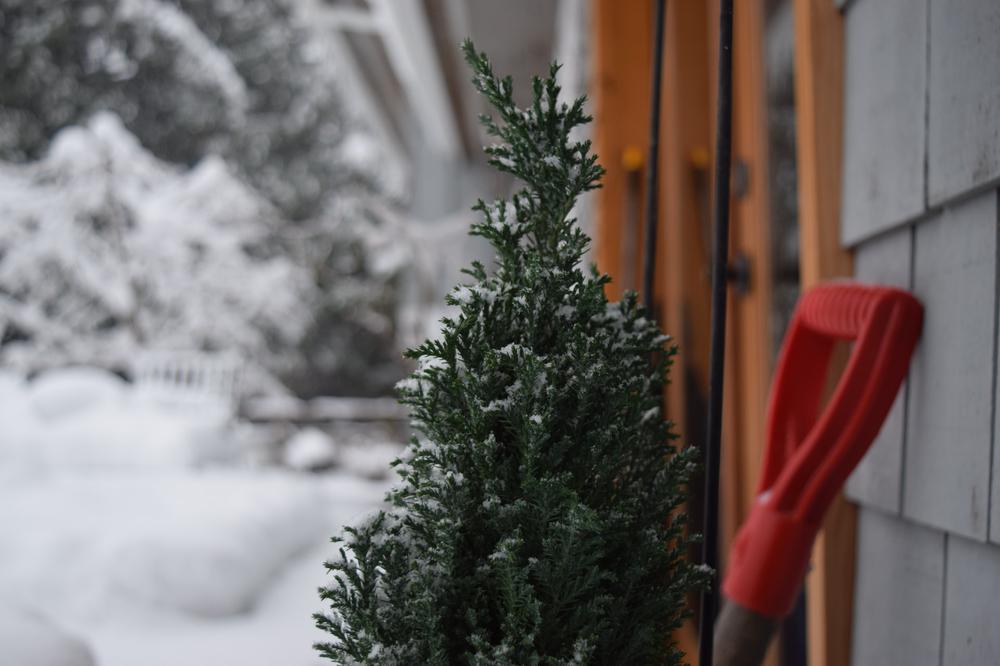
Don’t wait for the first winter storm to restock cold-weather essentials, such as salt or ice melt. If you can’t abide a snow blower’s roar or the back-breaking workout of shoveling consider purchasing a wheeled shovel that does most of the work for you!

Winter in Utah brings beautiful snow but without preparation it can be treacherous on a home or family. Preparing in advance will make your home more comfortable throughout the winter season. Protect your investment by taking simple actions both inside and outside of your home. For more information on home preparation, décor, or holiday inspiration peruse around our the Visionary Homes site. Interested in purchasing your dream home with us? Give us a call at (435) 228-4702 or fill out the form below.
The post How to Prepare Your Home for Winter appeared first on Visionary Homes.